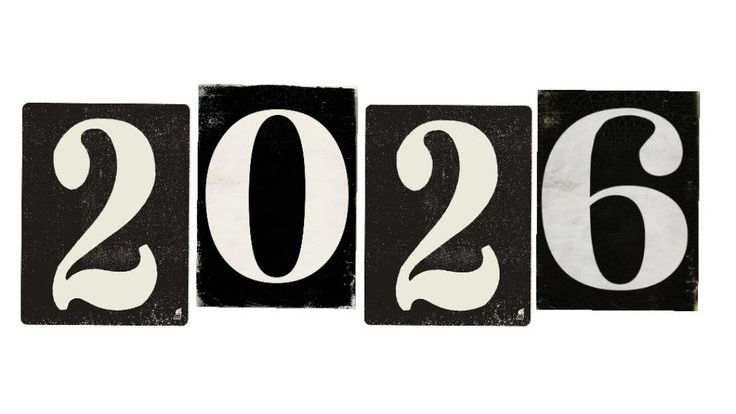Maurice: An Edwardian 'Love Story' in Three Songs
- Katherine Dahl
- Mar 27, 2024
- 3 min read
Forbidden love is one of the commonest tropes nowadays: you see it everywhere, from YA fiction to hardcore sci-fi. One of the reasons it’s so popular now is that it’s always been around. Some of the oldest books I’ve read featured one form or another of socially unacceptable romance. In the case of Maurice by EM Forster, the various loves of Maurice Hall’s life are marred by a homophobic society. The book was originally written in the early 1910s, but it was not published until 1971 for obvious reasons. Maurice is the average joe of Englishmen in all aspects of life—his dress, job, education, attitude, etc.—except his sexuality, and he spends much of the book wondering what exactly that means.
Maurice struggles to reconcile his sexuality within himself most of all: the internalized homophobia doesn’t let itself loose easily. Somewhat like the song “My Own Worst Enemy” by the punk band Lit, Maurice battles with himself more than anyone. He thinks he’s a mess, somehow who would be “sleeping with [their] clothes on” or leaving a “cigarette still burning”. As much as he wants to be a ‘normal’, upstanding citizen, the latent fear of his own feelings lingers even from childhood. At one point, he even goes to the trusted family doctor seeking a ‘cure’. The doctor only tells him to never admit to homosexuality again, offering no comfort whatsoever, and dismisses him desperately. Another visit, this time to a hypnotist (who claims to be able to rid a man of ‘unacceptable’ sexual urges), leads to no results either—obviously.
But, besides within himself, he faces troubles from even those closest to him. While at Cambridge, Maurice falls in love with a classmate named Clive, who is initially receptive to Maurice’s affections. They remain romantically involved for over three years through their school careers, hidden away from the public spotlight. It doesn’t last however: Clive later claims to have ‘fallen out of love’ and is now only attracted to women. Maurice is obviously upset, and soon adopts the conscious mindset that he “[doesn’t] need [Clive] anyway” while his subconscious remains attached. So, te second song is “Not the Same” by Bodyjar. While Clive attempts to remain friends with Maurice—asserting that he’s the same as he’s always been, albeit not gay anymore (lol)—Maurice cannot reciprocate this idea. Instead, Clive ceases to be “the person [he] believed in yesterday”, and he becomes disillusioned with romance, only wanting to distance himself from his sexuality even more than before.
It’s only after Maurice meets Alec, the under-groundskeeper at Clive’s estate, that this starts to change. It is clear from the beginning of their relationship that Alec is different from Clive—the only problem is the clear class differences between him and Maurice. Like in “Amor Prohibido” by Selena (which I will use English-translated lyrics for here, but it sounds WAY better in Spanish, obviously), the “distinct societies” of the two divide them. It’s actually Maurice’s own ideas about class that set this distinction. Since he is educated and Alec is not, many of his reservations about their relationship lie not in the fact that Alec is a man but that he is not a man of the same class as Maurice. However, this does not last. Eventually Maurice decides that “money doesn’t matter” in the grand scheme of things, and he is willing to sacrifice his social position in order to be with Alec permanently. The ability to be with someone that loves him (and that he loves in return) “is worth more than money.”
Like Giovanni’s Room, I consider Maurice to be ahead of it’s time for much of the same reasons. It doesn’t shy away from real issues, both internalized and external, for the honestly ordinary character of Maurice Hall. He’s just one case example, and one that can allow us the opportunity to think more deeply about the past—and even our present. I, of course, love this book and recommend it to anyone who wants a glimpse into Forster’s timeline. Maurice and Alec await (luckily with a happy ending).
Runner-ups: “You’re Somebody Else” by Flora Cash, “Straighten Up and Fly Right” by King Cole Trio, “Streets of London” by Ralph McTell, “Gates” by the Menzingers, “Future Me Hates Me” by the Beths
_edited.png)








Comments